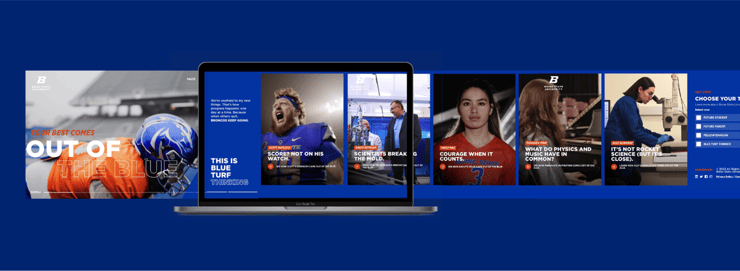The current generation of prospective undergraduate students is faced with the harsh reality of mounting student debt and unforgiving loan rates. The already complicated exercise of assessing the “value” of a school now includes much more than looking at the mix of location, athletics, and potential enrichment experiences an institution offers. As prospective students visit college websites, set up campus tours, and search databases on the internet, financial aid is increasingly influencing their decision process.
In order to support this recognized need, many colleges have taken significant steps to advocate on the behalf of prospective students through programs that increase aid and offer financial literacy training. At Franklin & Marshall College, such initiatives have reduced the average debt of a graduating student by $7,000 in the last three years.
Here are some ways to help prospective and current students:
- Increase Transparency with Prospective Students: The U.S. Department of Education's Financial Aid Shopping Sheet serves as a scorecard to help students understand what an education with a specific college or university would mean for them and their fiscal future. Intended to replace or supplement a school’s financial aid award letter to students, this “Shopping Sheet” communicates total costs of attendance and anticipated aid for a specific school, including but not limited to scholarships, grants, and most notably, average expected loan payments following graduation. Nearly 3,000 colleges and universities have opted to participate in this program.
- Increase Financial Literacy of Current Students: Many students enter college with a limited understanding of financial aid. They don’t know how to get it or how to avoid being taken advantage of by lenders. As a result, it is important to create a culture of collaboration between colleges and universities and students. Offering loan counseling services during the financial aid application season can give students the tools they need to navigate the process and become capable and informed borrowers.
Shannon Berg is a Project Strategy Intern at SimpsonScarborough. She is a senior at Christopher Newport University majoring in Psychology and Leadership. When she isn’t interning, she loves reading, hiking, and watching crime television.











